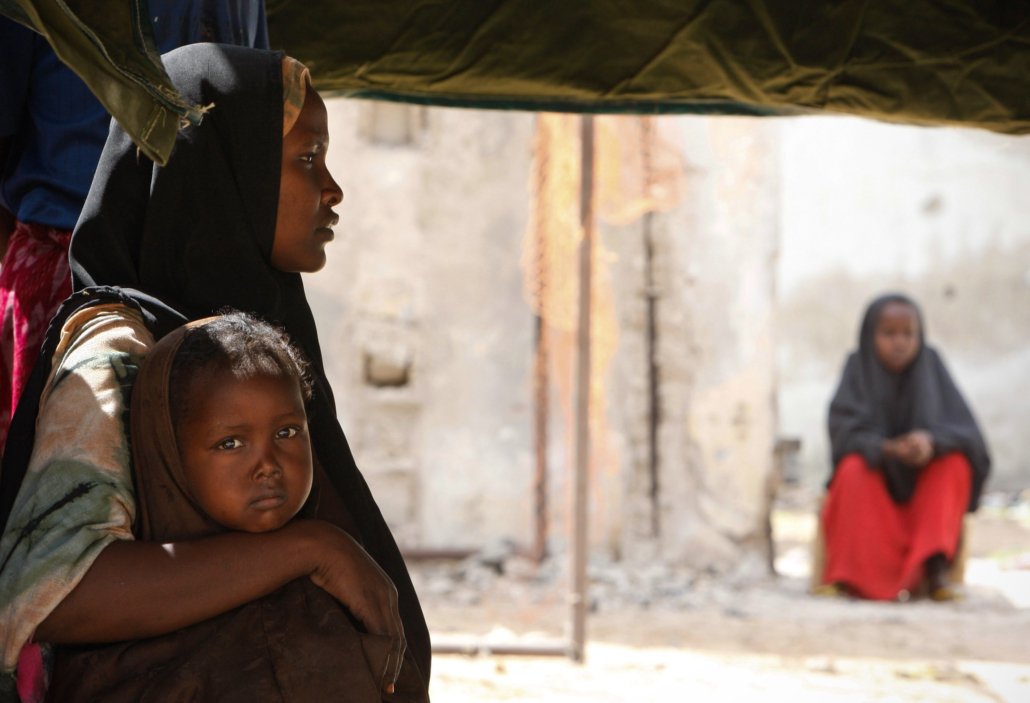 When addressing women in Somalia, one should focus on the work occurring on the ground. The civil war — coupled with famines, droughts and floods — has left urgent matters on the back burner. Now, as the country is steadily finding its footing, the focal point is shifting towards more local and individual concerns that affect the society as a unit. There are a good handful of nonprofit organizations and charities operating in Somalia that center their work around women’s issues. Here are five women-focused charities operating in Somalia.
When addressing women in Somalia, one should focus on the work occurring on the ground. The civil war — coupled with famines, droughts and floods — has left urgent matters on the back burner. Now, as the country is steadily finding its footing, the focal point is shifting towards more local and individual concerns that affect the society as a unit. There are a good handful of nonprofit organizations and charities operating in Somalia that center their work around women’s issues. Here are five women-focused charities operating in Somalia.
1. Action for Women and Children Concern (AWCC)
Action for Women and Children Centre is a nonprofit non-governmental and non-political grassroots organization that works specifically for women and children. Its motive is to empower women by providing and aiding in receiving basic education, primary health care, water hygiene and sanitation and the promotion of human rights.
This NGO is active in Somalia and has been since February 2017. It is youth-serving and youth-led. Its main strategy is to advance women’s rights and leadership and build and support local communities by encouraging human rights, justice, safety and security.
Action for Women and Children Concern works across 100 countries with 80% of staff working within the communities they serve. It has been able to work directly and make a substantial difference within Somalia.
2. Somali Women’s Studies Centre (SWSC)
Somali Women’s Studies Centre is another non-governmental nonprofit organization that originated in Somalia in the year 2000. The organization follows the idea that through empowerment and assistance, women can get the support they need, which will in turn allow them to make positive alterations that will ultimately improve and strengthen their community.
SWDC works to better the lives and conditions that women live in. It does this by first focusing on vulnerable groups of women. The SWDC carries out this mission by heightening the capacity of women to lobby and advocate for concerned parties, and finally promoting reconciliation and peace building.
3. CARE
CARE is a charity that was established in Canada in 1946, but it was in the mid-1970s that the organization began to work on an international scale. The work in Somalia began in 1981. Its programs have covered water and sanitation, civil society and media development, primary school education, teacher training, adult literacy and vocational training, and much more.
CARE also works specifically for women. On its website, it describes its mission as aiming to reduce the impact of emergencies on vulnerable communities, especially women and children. In 2022, CARE was able to reach 2,214,383 directly and 2,811,318 with 53% of the number being women and young girls.
4. Somali Women’s Development Centre (SWDC)
Somali Women’s Development Centre is an NGO that began in 2011. It aims to uplift and motivate Somali women to support Somali women in advocating for their rights. SWSC also does a lot of research and documents the problems that Somali women and girls face daily.
The SWSC are based in Somalia, but they also have offices in Nairobi Kenya for the Somali women that live there.
5. Women’s Peace and Humanitarian Fund (WPHF)
The Women’s Peace and Humanitarian Fund first came to work in Somalia during the 2012 presidential election. Their primary focus is women. The WPHF recognizes that women in Somalia have always suffered disproportionality at the hands of Clan fights and extremist groups. With child-bride marriages and female genital mutilation, FGM women have had an unfair beginning to adult life.
These women-focused charities operating in Somalia are doing substantial work to support and provide for the women that they cater to. The work that is done is reaching women and girls and is allowing them a new chance and opportunity to grow.
– Sumaya Ali
Photo: Flickr
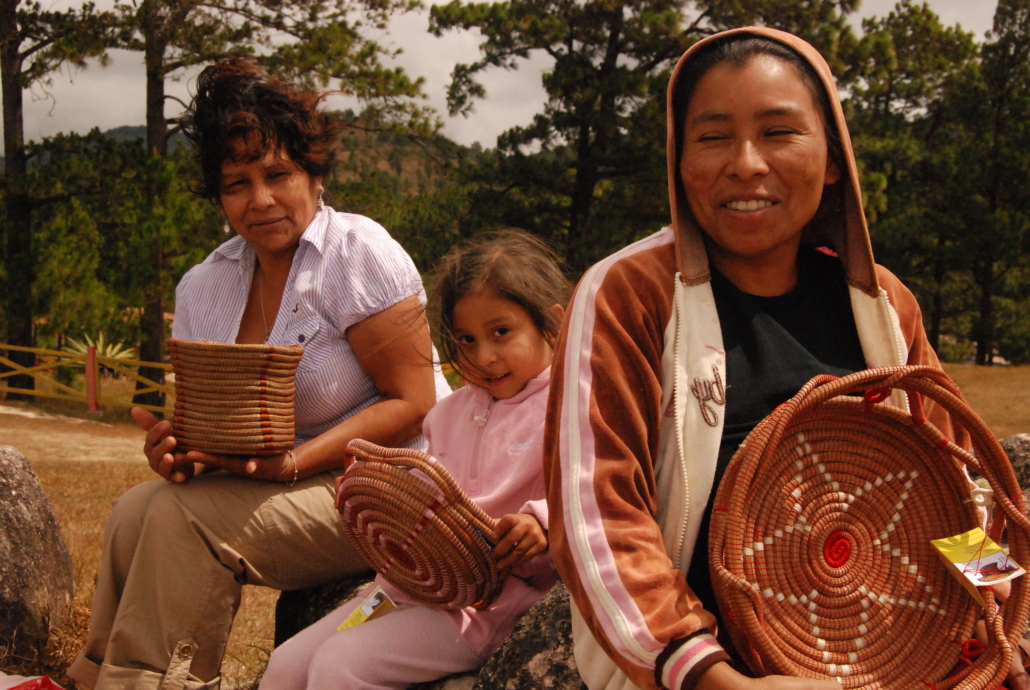
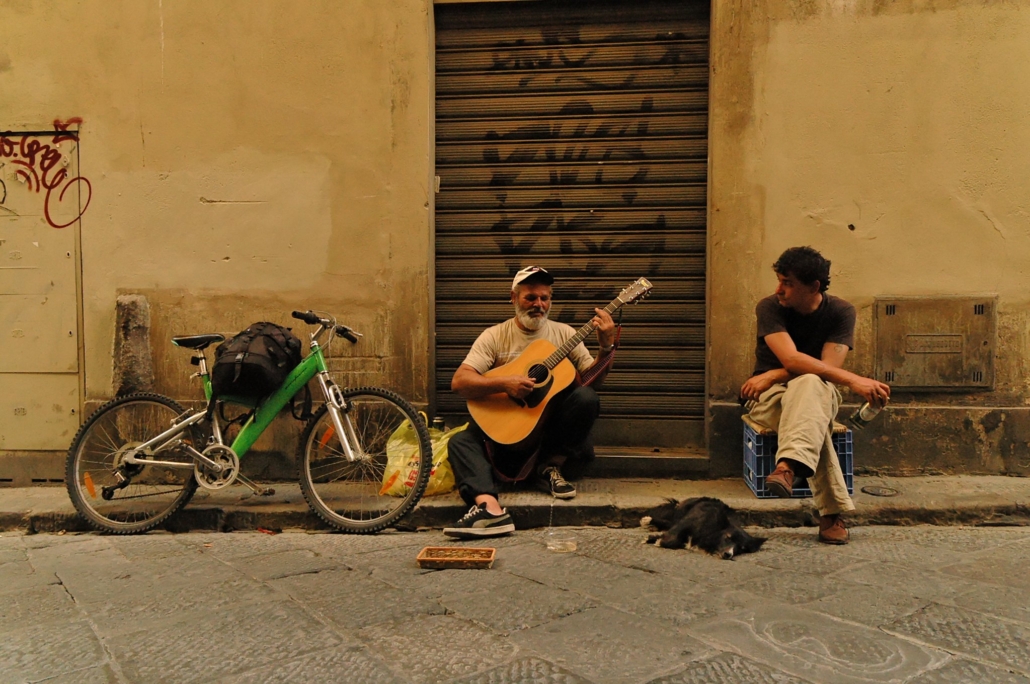
 Known for its iconic movies and world-famous parks,
Known for its iconic movies and world-famous parks, 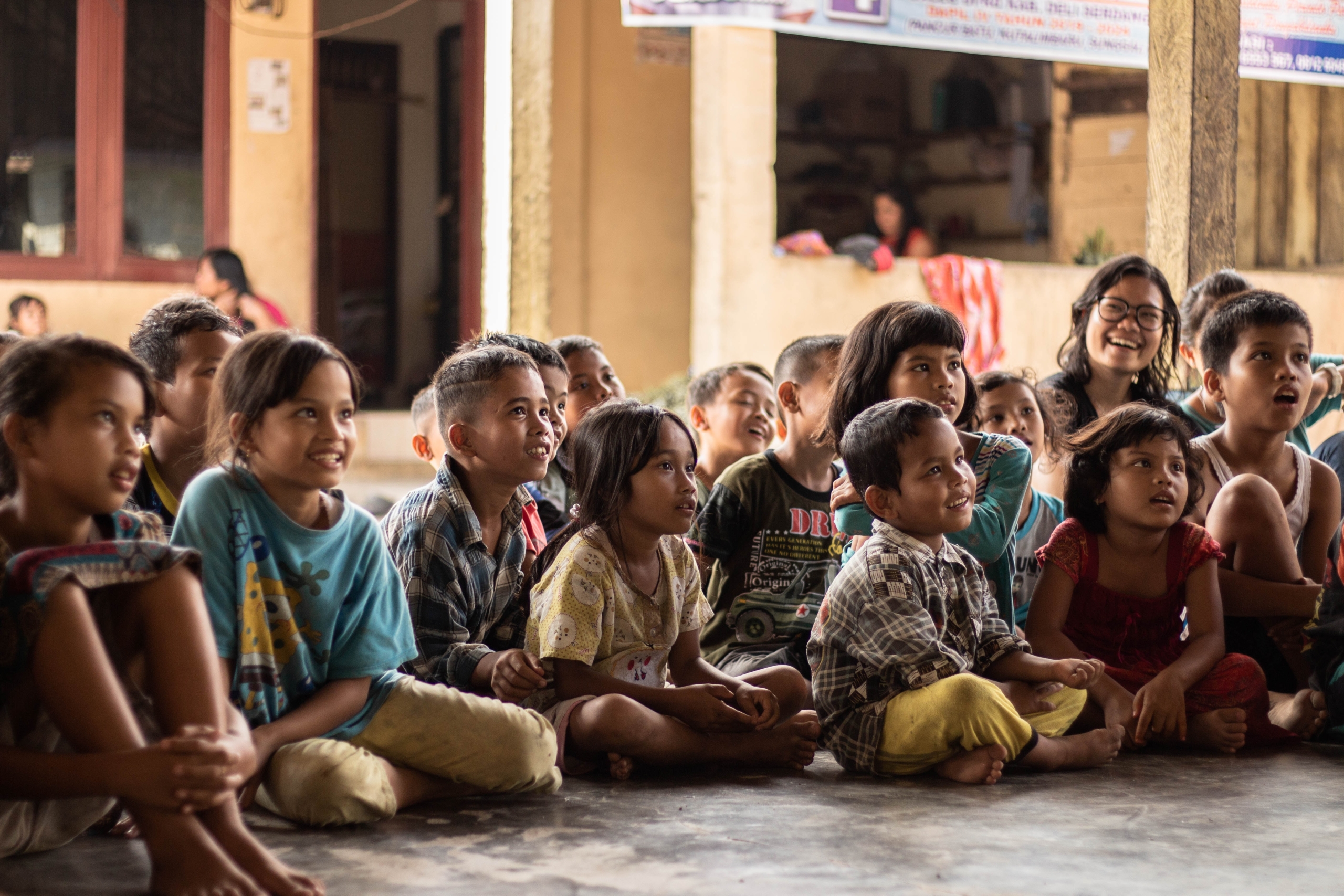 Indonesia, a vibrant nation nestled in Southeast Asia, is home to a diverse population facing various challenges. Amidst the rich cultural tapestry, several charities tirelessly work to uplift communities, promote education, provide healthcare, and protect the environment. Here are five impactful charities operating in Indonesia, each contributing to the nation’s progress and improved welfare.
Indonesia, a vibrant nation nestled in Southeast Asia, is home to a diverse population facing various challenges. Amidst the rich cultural tapestry, several charities tirelessly work to uplift communities, promote education, provide healthcare, and protect the environment. Here are five impactful charities operating in Indonesia, each contributing to the nation’s progress and improved welfare.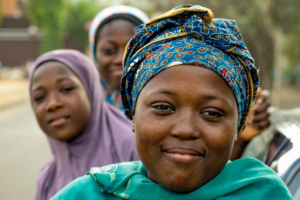 With the wide-ranging issues affecting people living in poverty, it seems appropriate to spotlight organizations helping alleviate some of those hardships for people and communities who suffer from food insecurity, poverty and mistreatment. According to the World Bank, in 2022,
With the wide-ranging issues affecting people living in poverty, it seems appropriate to spotlight organizations helping alleviate some of those hardships for people and communities who suffer from food insecurity, poverty and mistreatment. According to the World Bank, in 2022, 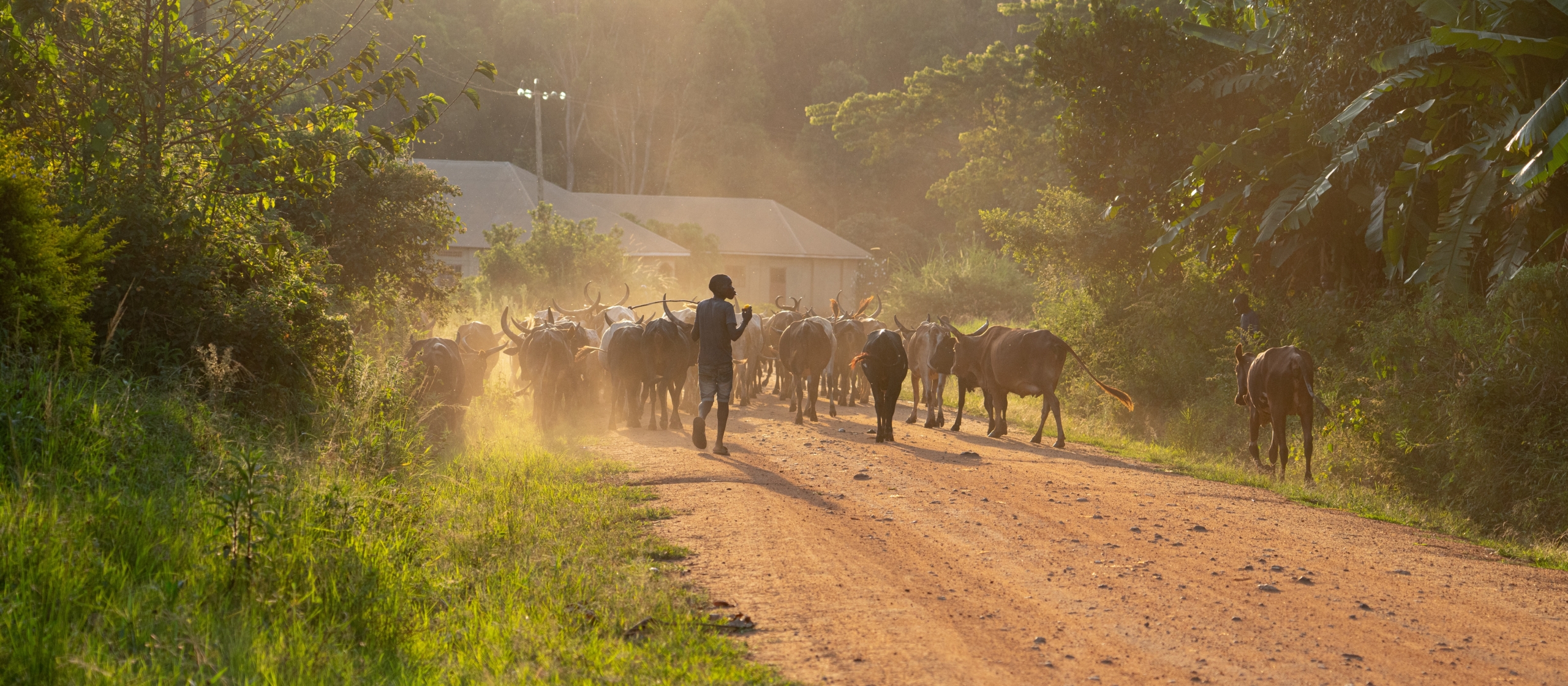
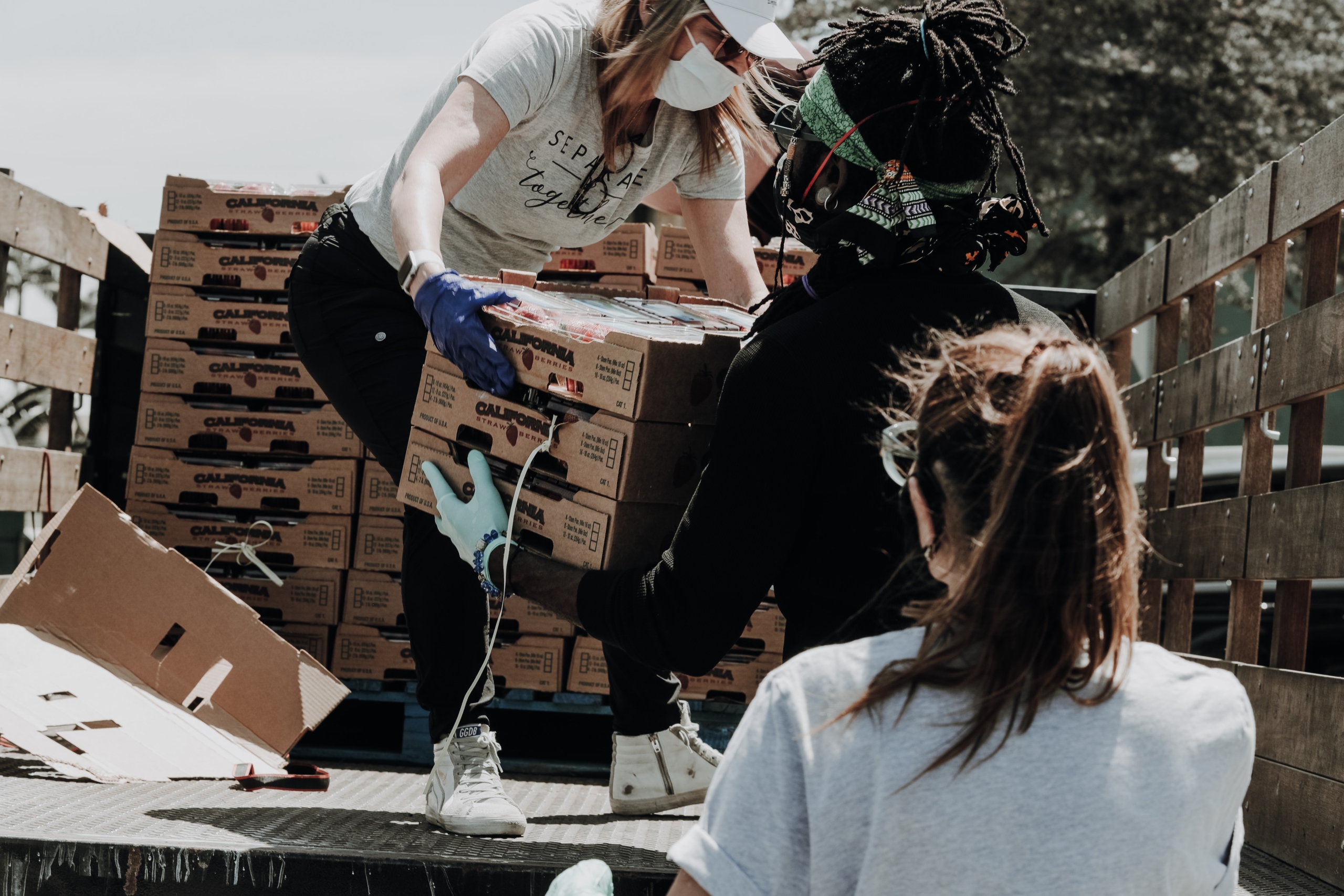 For more than 75 years,
For more than 75 years, 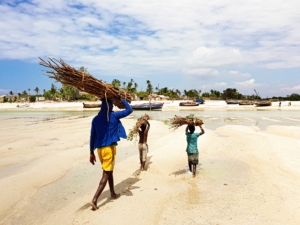 Ranking fifth among the world’s poorest nations by the World Bank’s GNI per capita data, the reality on the ground in Mozambique is especially challenging. To put it into perspective, in 2022,
Ranking fifth among the world’s poorest nations by the World Bank’s GNI per capita data, the reality on the ground in Mozambique is especially challenging. To put it into perspective, in 2022, 
